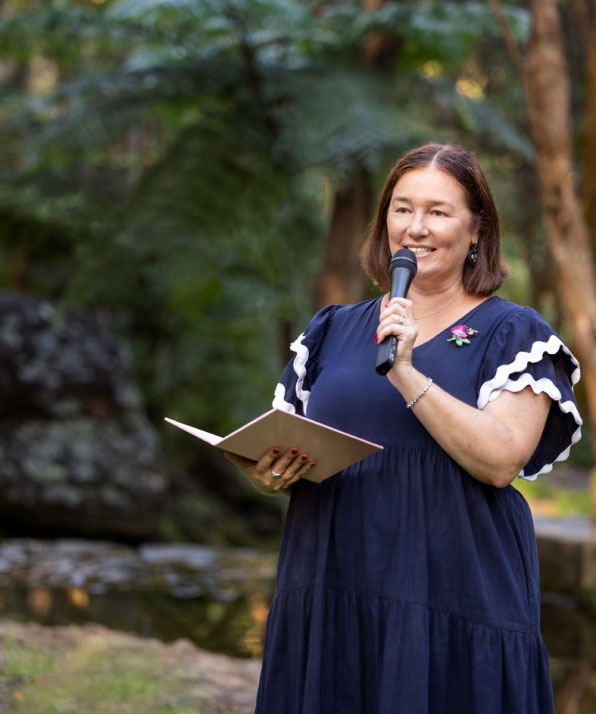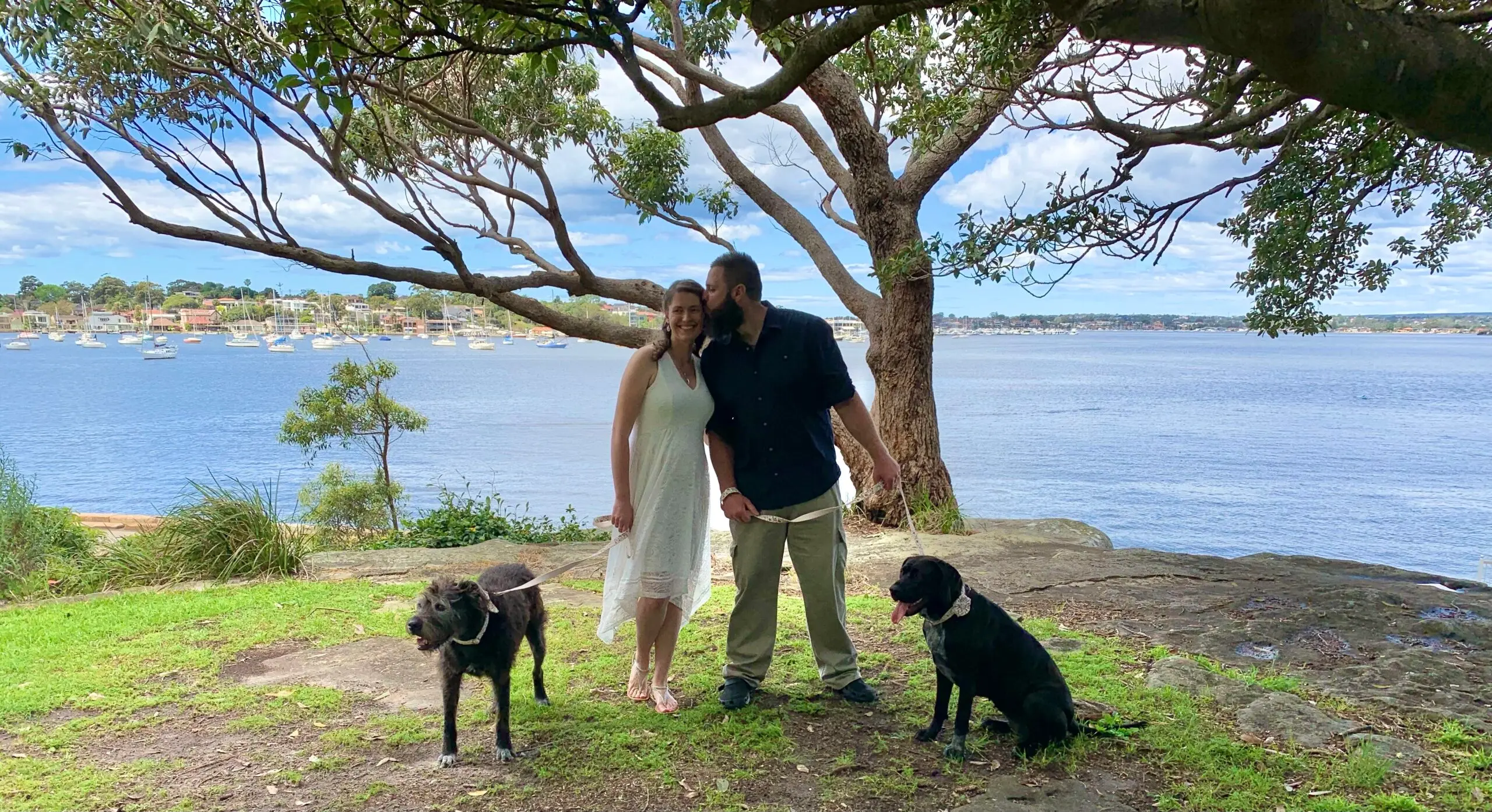What Is End of Life Doula?
An end of life doula is a non-medical, non-clinical role providing support, guidance, assistance and education to someone with a life limiting diagnosis or who may be at the end of their life. End of Life Doula’s also support family and friends with the caring responsibilities that come with looking after a person at the end of their life.
The roles of an End of Life Doula are many and varied. Some of these roles may include advocacy, death preparedness, improving death literacy, vigiling, grief and bereavement or providing information and resources.
What Is End of Life Doula and Why Their Role Matters
Advocacy
End of Life Doula’s are often the “voice” for a person who can no longer advocate for themselves. This enables the rights and wishes of the person to be carried out according to their cultural beliefs and values. This allows for a person to have choice and chose and end of life transition that is meaningful to them.
Death preparedness
Death preparedness starts with putting together your legal and estate affairs. A will is a common legal document someone prepares which documents how their estate should be managed and by who, funeral arrangements including body disposal and other wishes to be carried out on behalf of a deceased person. Other useful legal documentation includes an Advanced Care Plan, Enduring Power of Attorney, Enduring Guardianship and an Enduring Medical Power of Attorney.
I would also recommend creating a document with important information such as passwords, bank account details, email accounts, people you would like informed of your death, phone numbers and so on. There are some amazing resources to assist with compiling this information such as “The Bottom Drawer book”.
When planning ahead, it’s also helpful to understand the difference between funerals and memorials so you can clearly communicate your wishes.
Death literacy
Being death literate means feeling empowered to engage comfortably in conversations about death and dying, making informed decisions regarding end of life care, and providing support to others through the dying process.
Talking about death and dying helps us to reduce fear and stigma around an event we will all be touched by in our lifetime. Being death literate means we are able to have a more open dialogue with our friends and family about our end of life transition.
Each month, I host a free community event called Death Curious Conversations, where people gather to discuss all aspects of death, dying, and bereavement – a great way to learn more about death doulas and the compassionate support they provide.
FAQ
What is the role of an end of life doula?
An end of life doula provides non-medical support to people with life-limiting diagnoses and their families. Their roles include advocacy for the dying person’s wishes, death preparedness planning, improving death literacy, vigiling at the bedside, grief and bereavement support, and providing education and resources to help navigate the end of life journey with dignity and compassion.
What is an end of life doula in Australia?
In Australia, an end of life doula is a trained professional who offers holistic, non-clinical support to individuals facing death and their loved ones. They work alongside medical professionals to ensure the dying person’s cultural beliefs, values, and wishes are honored, while helping families with practical and emotional aspects of caring for someone at the end of life.
What is the difference between hospice and end of life doula?
Hospice provides medical care and pain management for terminally ill patients, typically through healthcare professionals like nurses and doctors. End of life doulas offer non-medical, holistic support focusing on emotional, spiritual, and practical guidance. Doulas complement hospice care by advocating for the person’s wishes, providing companionship, and supporting families through the dying process.
Who pays for end of life doula?
End of life doula services are typically paid for privately by the individual or their family, as they are not covered by Medicare in Australia. Fees vary depending on the doula’s experience and the services provided. Some doulas offer sliding scale fees or volunteer services, and it’s worth discussing payment options directly with the doula.
What does death preparedness mean?
Death preparedness involves organising your legal, financial, and personal affairs before death. This includes creating a will, advanced care plan, and enduring power of attorney and documenting important information like passwords, bank accounts, and people to notify. Being prepared reduces stress on loved ones and ensures your wishes are carried out as intended.
What is death literacy, and why is it important?
Death literacy means feeling comfortable discussing death and dying, making informed end of life decisions, and supporting others through the dying process. It reduces fear and stigma around death, enabling more open conversations with family and friends about end of life preferences, which leads to more meaningful and dignified death experiences.




